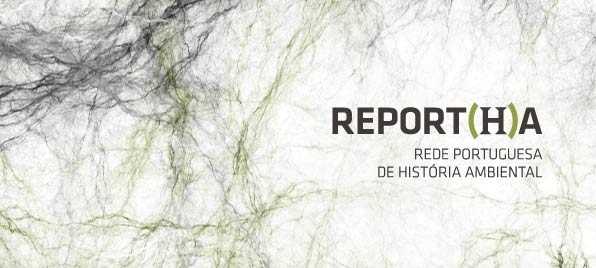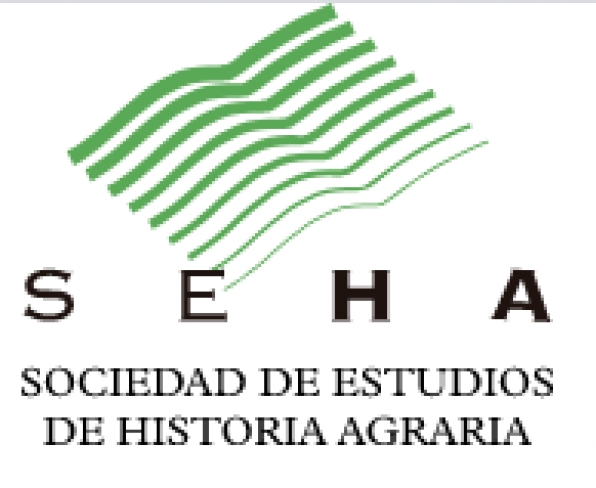Call for Applications for the
ESEH Next Generation Action Team 2020-2021
The Board of the European Society for Environmental History is seeking applications by doctoral student and post-doctoral researchers to join the second cohort of the ESEH’s Next Generation Action Team 2020-2021 (NEXTGATe).
NEXTGATe’s mission is to strengthen the presence and influence of next generation scholars on the environmental history field in Europe and beyond and to offer a space for frank and open discussion and collaboration among junior scholars.
The work of the newly appointed Team will build upon previous discussions on professional and financial uncertainty (lack of tenured jobs, prevailing short term contracts), the lack of visibility of the field in specific geographical contexts and an inadequate professional network.
Here you can find the first collective report – Pál V., Biasillo R., Kochetkova E., Meredith T., Schleper S., Spinney E., Emerging Scholars in the Age of Uncertainty: Goals and Plans of ESEH Next Generation Action Team in 2018–19, Environment and History 2018. Vol. 24. No. 4. P. 579-581 – and a second statementwill be published soon.
Successful applicants will collaborate with the new ESEH’s Next Generation Coordinator, Roberta Biasillo (KTH Royal Institute of Technology, Stockholm), and jointly plan pre-conference and on-site activities primarily for doctoral and post-doc researchers at the ESEH 2021 biennial conference in Bristol, UK. Activities will include Junior Researcher dedicated spaces in other conferences,social media campaigns, virtual and live events, outreach activities, co-authored publications, as well as career planning and publishing industry related events.
Depending on the strength of applications, three to five NEXTGATe members will be selected by the selection committee. Successful candidates who fill their tenure with NEXTGATe will be offered personalized travel grants to participate in the ESEH 2021 Conference in Bristol.
NEXTGATe was created and initiated by the former president of the ESEH PéterSzabó in 2018. The first cohort was composed by Viktor Pál, Elena Kochetkova, Tayler Meredith, Simone Schleper, and Erin Spinney
How To Apply:
To apply, please send the following documents to This email address is being protected from spambots. You need JavaScript enabled to view it.
1) CV and possible list of publications
2) A short text describing the goals that you think NEXTGATe should tackle in 2020-2021 and how you could contribute to these activities. (max 1 page)
Deadline for applications is April 10, 2020.
Questions regarding the application should be sent to This email address is being protected from spambots. You need JavaScript enabled to view it.
Selection Committee:
1. Roberta Biasillo, (KTH Royal Institute of Technology, Stockholm)
2. Małgorzata Grodzińska-Jurczak (Jagiellonian University, Kraków)
3. Péter Szabó (Czech Academy of Sciences, Brno)
4. Nina Vieira (Universidade NOVA de Lisboa)








